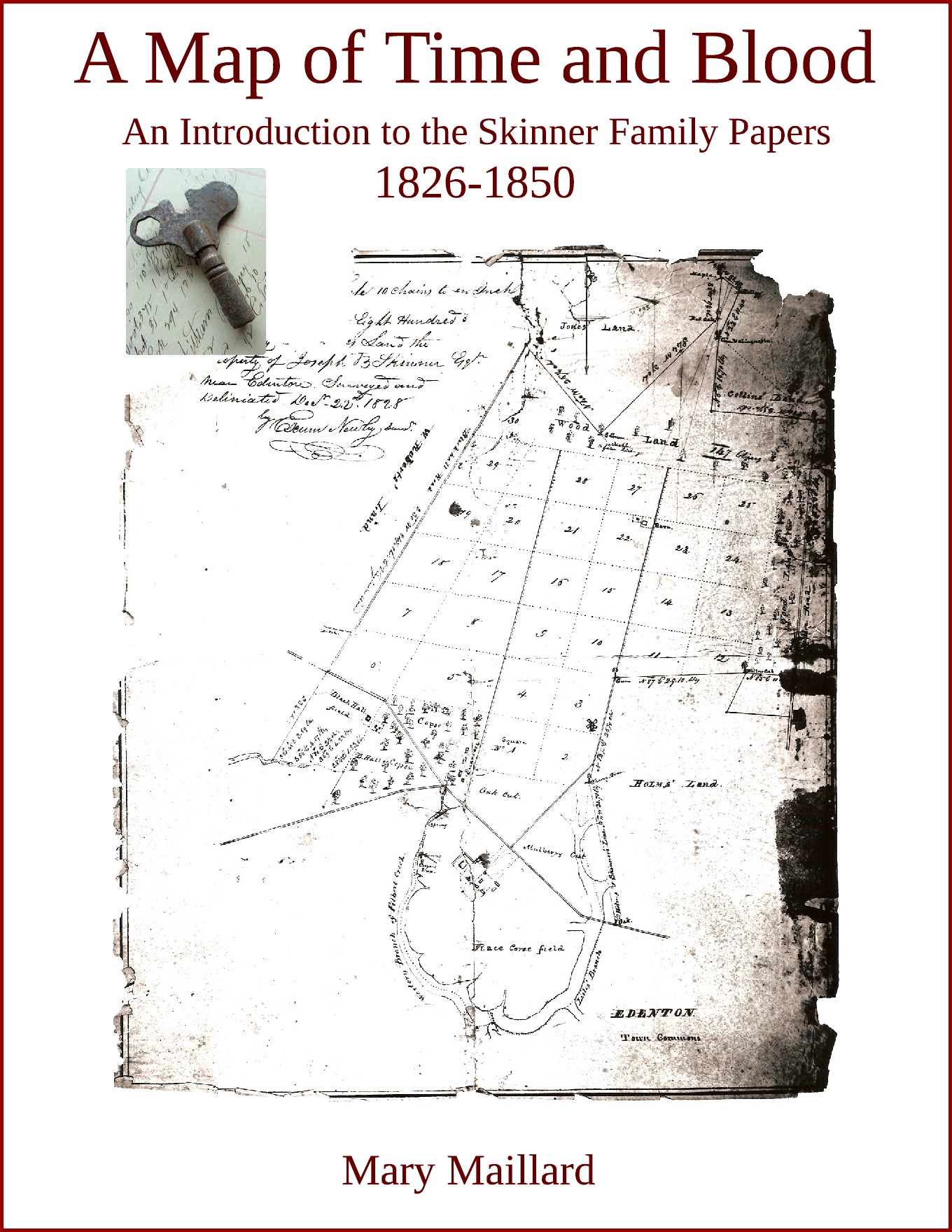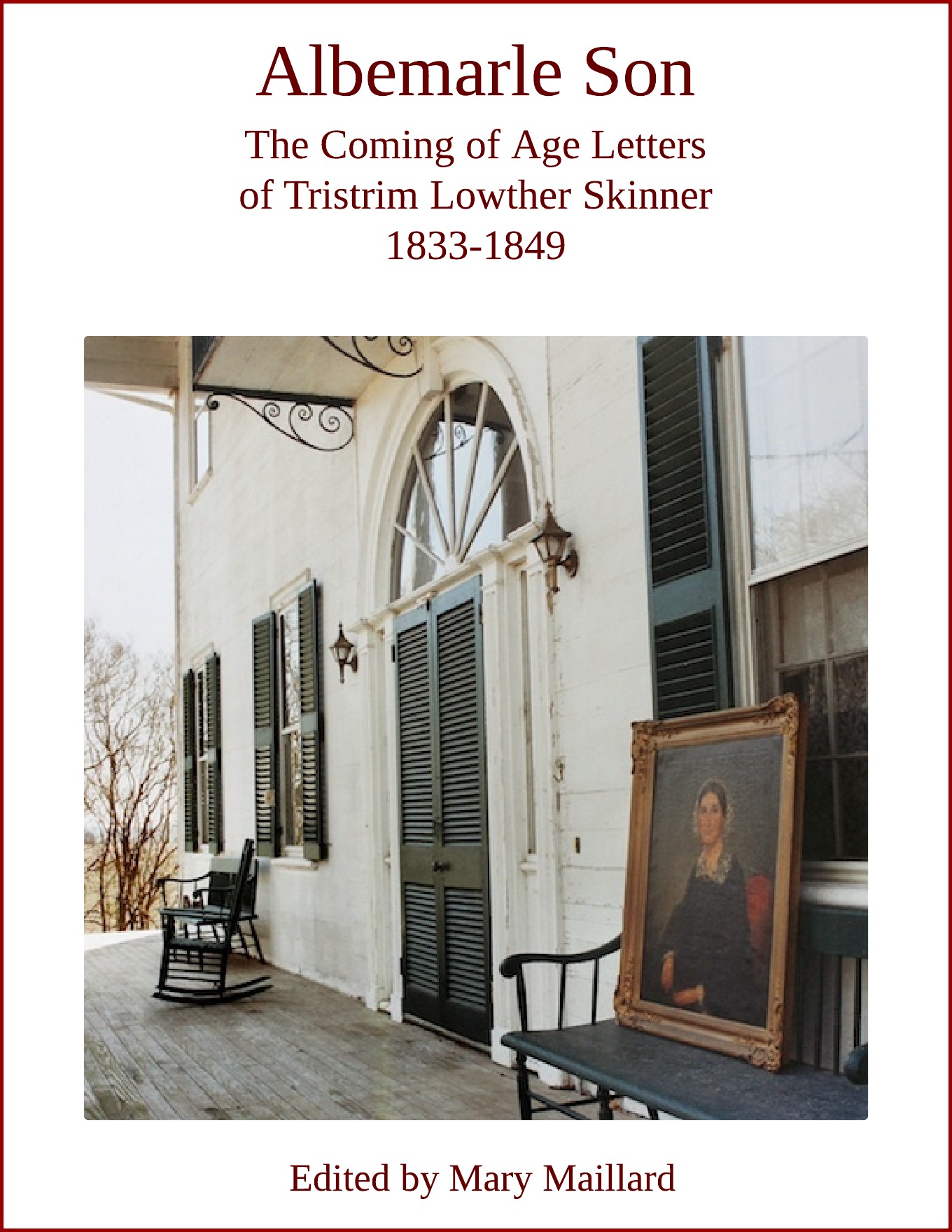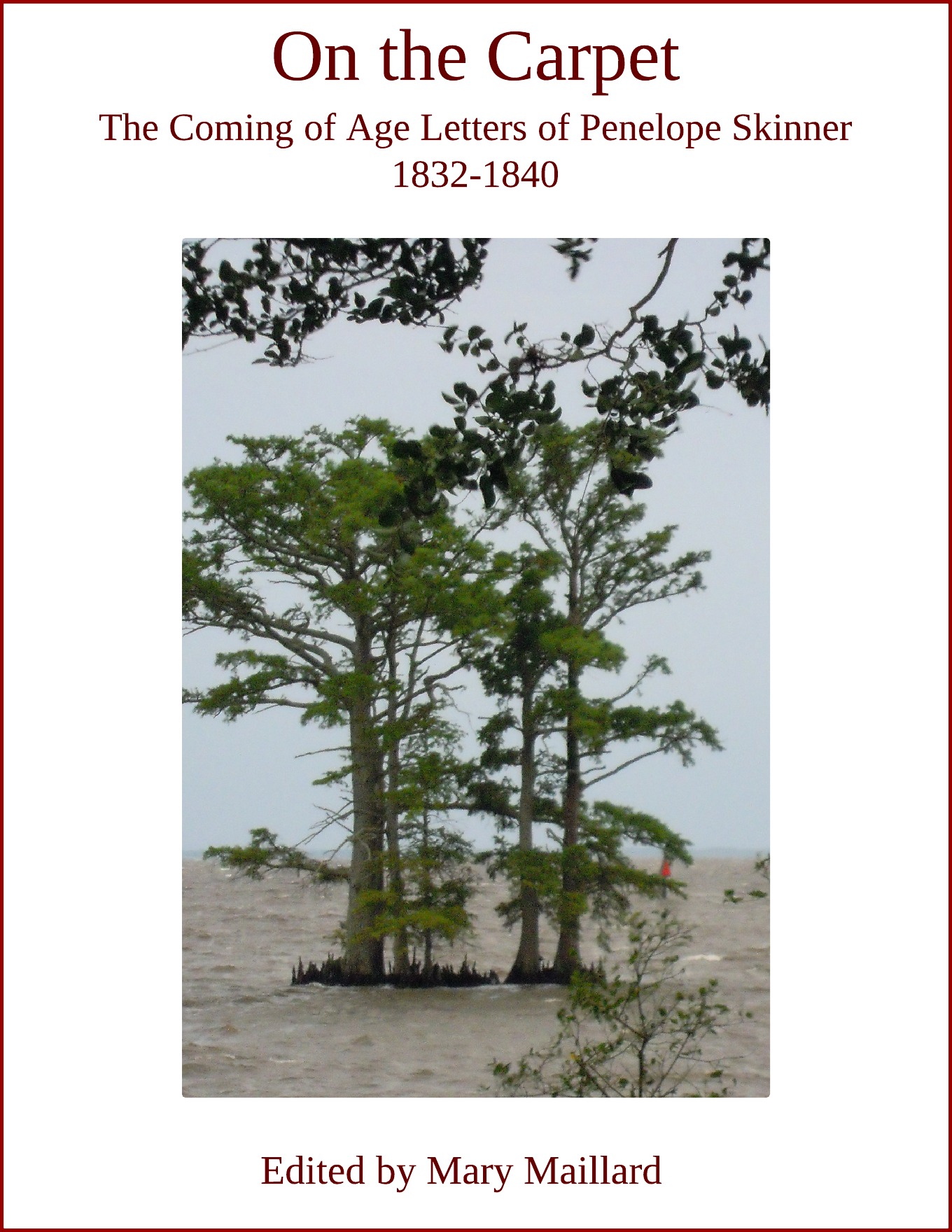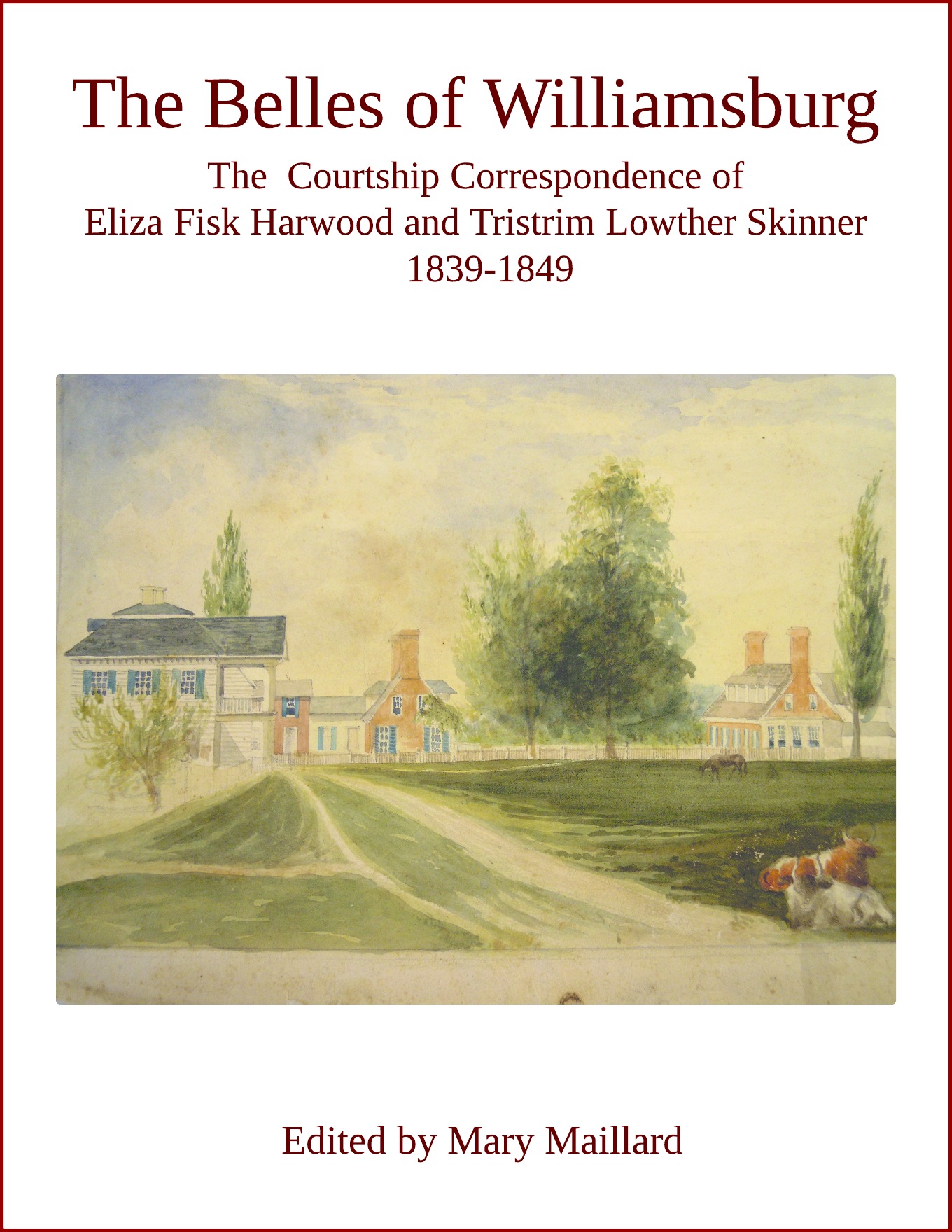From the St. Louis Intelligencer
FRIGHTFUL CALAMITY
TERRIBLE CONFLAGRATION
Burning of the Pacific Hotel.
The Pacific Hotel and the adjoining buildings, on the northeast corner of Seventh and Poplar streets, were burned this morning under circumstances, and attended by disaster to life, which make it a truly appaling event. From Officer MICHEAL SLATTERY, of the night watch, who was first to discover the fire, and who, assisted by Officers LOUIS THESOSKI and JOHN O’BRIEN, rendered valuable service on the occasion, we are indebted for many of the particulars given in this account.
Officer SLATTERY was standing on the corner of Seventh and Cerre streets, one square below the Pacific Hotel, about fifteen minutes past 3 o’clock, and was speaking to officers THESOSKI and O’BRIEN, who had just come up. They had spoken but a minute together, when SLATTERY’S attention was directed to the sudden glare of fire against the rear of the buildings on Sixth street, one square above. At first he thought it was caused by the fires in furnace of a Foundry nearby; but, on looking at the Foundry, he discovered that it was closed, and not in operation. He instantly pointed to the light and told his companions that it was a fire; and all three ran up the street shouting “Fire” to raise the alarm. When they reached the Pacific Hotel, which fronts on Seventh street, and exposes a long flank on Poplar, they found a fearful column of flames extending from the cellar to the top of the building, and making progress with alarming rapidity. One of them ran to the front and beat the doors to arouse the inmates.
Up to this time the region was as silent as the tomb, the persons in the building sleeping in utter unconsciousness of the fiery doom which menaced them. The beating at the doors, together with the loud shouts of the watchmen, aroused them directly, however, and instantly all the windows of the Poplar street side of the house were crowded with persons, wild with fright and with nothing but their night clothes. Several of them leaped from the third story. The watchmen saw them take the leap from the fearful height and strike with cruel force on the hard pavement, coated with a layer of slippery ice, below. They did not move after they struck the ground, but lay like inert, lifeless pieces of wood, incapable of movement from the wounds, fractures, contusions, and convulsions consequent on their crushing fall. —
The watchmen, in hope that there might be a less frightful mode of escape than this leap of death, begged them to make them their way to the front of the building, and get out through the door and windows there but the terror-struck inmates cried out in tones of despair, that they could could [sic] not escape that way — that the intervening flames had cut off all communication with the front, and that their only alternative was either to jump, or be burned alive. Just then the voice of a man from one of the third story windows called to those below to look out for a lady, and besought them to catch her. A mattress was thrown down and officers SLATTERY and O’BRIEN, hastily removing a row of empty hogsheads which stood on the pavement, held it directly under the window, about a foot from the wall. They had scarcely stationed themselves there, with the mattress held between them, when a heavy mass fell with great force between the wall and the mattress, to the pavement, striking the edge of the mattress, and knocking it out of their hands. It was the body of a lady, with a baby in her arms. The woman did not move, nor utter a cry, after her fall, — she was dead. The infant rolled out the relaxed arms of its dead mother on the pavement, and did not appear to be severely hurt. It was borne, wrapped in a shawl which the thoughtful mother had thrown around it, to the Pacific Railroad Depot, near by, where it soon ceased to breathe, having received fatal internal injuries.
These scenes occurred but a few moments after the first alarm. In the mean time those who could summon courage to take the leap, were jumping from the windows. No one of those who jumped reached the ground in safety. Some had their limbs broken, some their joints dislocated, and others were shockingly crushed and mangled. One man struck the pavement on his feet, and had both his legs shattered below the knees. Those below held mattresses for the inmates to jump on, and with signal benefit in several instances; but on account of the slippery condition of the pavement, which made it difficult for those below to stand firmly under the shock of the falling persons, there were but few saved entirely unharmed by the mattrasses.
The house was most unfortunately constructed, having but a narrow entrance in front, on Seventh street, and a back entrance to the rear buildings up Poplar street. Many of those in the front rooms managed to effect their escape; but those in the rear rooms of the main building found themselves cut off from all the stairways and doors below by the flames. In their despair, all who could find a place at the windows, crowded around them, and with wild entreaties besought those below to rescue them. Many were burned to death in their rooms, being unable even to escape from them.
In one room there were nine persons, only one of whom was saved, the remaining eight meeting death in the embrace of the flaming arms of the conflagration. Even after the subsidence of the fire the charred and blackened bodies bore terrible evidence to the spectators of the agonies they must have suffered in their fiery death.
The fire is supposed to have been accidental. It appears to have had its origin in the back room of the first floor, whence the flames rapidly mounted through the intermediate floors to the roof. The barking of a dog belonging to MR. STRADER, the proprietor of the Hotel, simultaneously with the beating at the doors by the watchmen, first roused the occupants to a consciousness of their peril. But the whole house was directly enveloped in flames, and many who _____ awoke only to pass across a threshold of fire , to a sleep that knows no waking. Some were crushed in their beds by the falling of the burning roof, and, we trust were killed before the flames reached them.
A corpse was found burned to a crisp. — By its side was a carpet-bag, clutched by the charred remnant of a hand, which had been burned from the wrist off the body.
It is not known, at the hour we go to press, exactly how many persons have fallen victims to the calamity, though there is every reason to believe that the number is is [sic] not less than thirty.
- STRADER informs us that there were about one hundred persons in the building at the time, of whom forty or fifty are missing. There were many strangers lodging temporarily at the Hotel, whose names cannot be ascertained. The bodies of twenty one dead persons have been identified, but, besides these there is a number of corpses in the ruins which cannot be extricated until the tottering walls are pulled down and the burning fragments removed. This work is now going on under the management of energetic men.
The scene of the calamity presented a sickening spectacle this morning, as there could be seen, lying here and there within the outer walls of the building, black and smoking masses, which, a few hours before, had been living bodies.
The Pacific Hotel was a comparatively new building, having been erected about a year ago. It was occupied by DR. D. W. STRADER, formerly of Kentucky. The following is a list of the killed and wounded, as full as we have been able to make it:
Killed — Burnt.
- HART STRONG, St. Louis;
BRUCE McNUTT, (supposed) St. Louis;
BURKHEARST WUST, St. Louis;
Nine persons, names not know, in No. 26;
GEORGE CRANE;
MRS. JENNIE JONES and child, St. Louis;
A MISS JONES, residence not known;
- SAUNDERS TAYLOR, ______;
A negro boy belonging to MR. WHEATON, of St. Louis;
- JOHNSTON, of Chicago;
PAUL SURRELL [not sure of spelling] of St. Louis;
HENRY E. ROSSITER, of Rochester, N. Y.;
CHARLES DAVIS and WM. CUNNINGHAM, brothers-in-law, belonging to the Terre Haute and Alton Railroad, were also burnt.
Injured.
JAS. F. GEARY, Local Reporter of the Leader, lying at the Hospital of the Sisters of Charity, both legs badly cut, and head severely injured; in dangerous condition.
- ELEHEW HAYS, of New York, at same place, right leg fractured and head dreadfully cut, sustained by leaping from a window.
MRS. JAS F. GEARY, wife of MR. GEARY, of the Leader, considerably injured by leaping out.
- JNO. JONES, back hurt badly and both legs broken; he as lowering his wife and child; the sheet slipped, she fell, and was so injured that she died this morning; her child also died. He leaped down from a third story window.
- TOWNS, formerly of the Pacific Hotel, leaped out of the third story and is badly hurt.
One lady threw out her child, then leaped down and broke her back; will probably die.
THE DISASTER. — We add to our account of the disaster at the Pacific Hotel, as published in yesterday’s paper, many particulars and incidents which have come to our knowledge since that time.
The proceedings of the meeting of citizens, and of the sevaral committees appointed under it, will also be found in this morning’s paper.
The clerk of the Hotel has furnished a sketch of the various apartments in the house, and the number of occupants of each apartment. According to this statement, the whole number of persons in the house 71 or 72. Of this number 44 escaped unhurt; nine are badly hurt, and eighteen are supposed to be dead. The bodies of four more persons are believed to be in the ruins. This closes the record. — St. Louis Republic.
Liberty Weekly Tribune Missouri 1858-03-05




